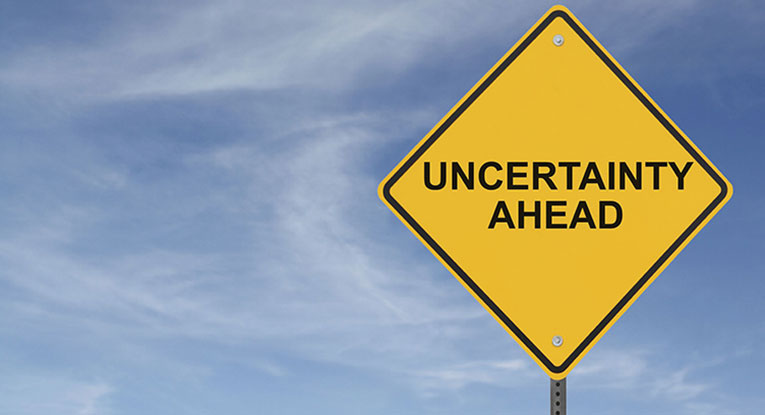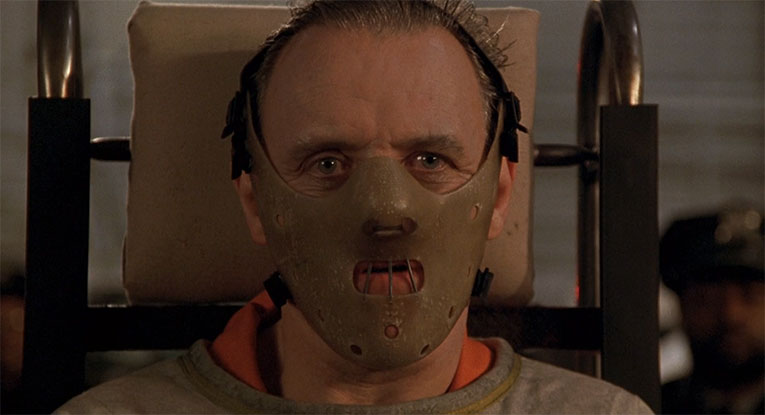September 18, 2013
This is one of several posts that I began writing while the events were occurring, but never posted. They’ve been on my mind lately, so I’ve gone back and finished them.
For the record, that’s the second Silence of the Lambs reference in the last year…
I had my one year follow up tests back in July: a colonoscopy and a CT scan. And, at the very end of July, I had an appointment to review all of the results with my oncologist. I had more blood drawn the morning of the appointment, but we talked through everything else.
The good news was that my CT scan was clear (my spleen was slightly enlarged, but not dangerously so, and that’s somewhat to be expected since chemo drugs can affect the liver slightly, which makes the spleen work harder) and my colonoscopy was clear. My oncologist gave me a “clean” bill of health (as much as you can have after finishing chemotherapy) and confirmed that I can start coming in every three months for monitoring. And, I could get my port out. All good things.
Then my phone rang the next morning and things got a little more complicated.
It was my oncologist, telling me that there were a few things about my blood work that she wanted to go over with me. You see, any time I go in and meet with her, they draw some blood and do a basic work up, but not all of the results always come back before I leave the office. The previous day, most of them were done in time for our meeting, but a few were still yet to come.
The good news was that my CEA level (the test that’s supposed to be a marker for colon cancer) was a 1.0 (normal is less than 5), so that was a good result. I was still somewhat anemic, and my white counts and platelets were a little low, but none of that was concerning, and they were trending up – just not in the normal range quite yet. Interestingly, my iron counts were very low, and I was told to start taking an iron supplement – an easy adjustment.
Based on some of the test results, they’d run some additional tests for liver function, and those were far off from where they should be. My oncologist said that it was likely that it was related to the chemo, but since it was now almost August and I’d finished chemo in mid-February, she couldn’t comfortably/definitively say that that was the cause. As a result, she wanted me to go see one of the liver specialists (a hepatologist) to have him do a workup/diagnosis.
Appointments were made, and off I went to yet another doctor.
What followed was a series of appointments and tests, all to hopefully prove that everything was fine. There’s a stange cognitive dissonance that happens in this situation. Over the course of weeks, my mind had some combination of the following thoughts:
- Am I going to get sick again?
- No, they said that it was probably nothing.
- Great… now I need to have another appointment/test/thing.
- I guess I need to take another day off of work (as does my wife since I’m not allowed to drive after that test).
- What if I get sick again…?
- This is such a pain in the ass… since it’s probably nothing.
I went to my first appointment with the hepatologist, which felt like a waste of time. As a patient, initial consultations feel like they’re only necessary because the doctors don’t talk to each other. I went there so that he could review the case with me and tell me what tests needed to happen. Great. Thanks. We couldn’t have done this over the phone…?
Ultimately, he said that I probably had Nodular Regenerative Hyperplasia (http://www.livertox.nih.gov/Phenotypes_nodular.html) caused by the Oxaliplatin. It’s not a super-common side effect of the drug, but it was one that he’d seen often enough that he wasn’t surprised by the correlation. However, just to be safe and to rule out anything worse, he wanted me to get a liver ultrasound, a liver biopsy, a fibroscan, and an endoscopy.
I had the ultrasound and biopsy first, about a week later. For something that only takes a few minutes, it takes the whole day. I showed up at the hospital in the morning, checked in, and waited. After getting changed, I first got brought into an ultrasound room. For a few minutes, I got to experience what pregnant women experience all the time: some gel got squirted on my side, and an ultrasound probe was rubbed around. They took some pictures, and then I laid down on the gurney and waited again.
Eventually, I was brought into a small procedure room. They use an ultrasound again to guide where the biopsy is being taken from. So, more gel, more probe against the side. I was given some drugs which made me very sleepy, but did remain awake. That was a little weird, since there’s someone taking a large, long needle and puncturing you in the side with it. However, it wasn’t that painful in the moment. The procedure itself took less than half an hour.
They make you wait about three hours after the procedure in recovery, to make sure that the drugs are wearing off and that there’s no internal bleeding, and then I was sent home. I was a little sore the next day, but that was about it.
I did the Fibroscan a week later. It was fast and easy, but required yet another visit to the hepatologist’s office – the machine is just sort of shoved in the corner. I didn’t have to get undressed. I just had to pull up my shirt and they held a probe against my side, very much like an ultrasound. The main difference is that when the probe touches you, it feels like someone’s tapping or thumping on your side. But it’s not painful or invasive in any way.
A couple of weeks after that I had the endoscopy. Process-wise, it’s a lot like a colonoscopy, except the probe is going down your throat. And as a patient, it’s a very similar experience: go in, change into a johnny, get an IV put in, and then some drugs get pumped in that make you go to sleep and forget everything, and then wake up in recovery.
After going through all of these tests, it was confirmed that indeed, I’ve got NRH. The treatment? Stop taking oxaliplatin. Since my chemo ended six months ago, that’s not a problem.
The good news is that the liver tends to heal over time, so this should go away. I need to keep having my liver levels tested every three months to make sure that they’re trending up, and as long as they do, there’s no need for further regular tests.
However, I also need to have a follow up endoscopy in a year. They did find one varix (https://en.wikipedia.org/wiki/Esophageal_varices) that they want to monitor and make sure it doesn’t get any worse.
While I’m glad that everything’s “fine”, the process of proving that everything is fine was wearing and sometimes felt overly complicated. “It’s probably nothing” is meant, I think, to be comforting, but the unknown is stressful even if the odds are good.










